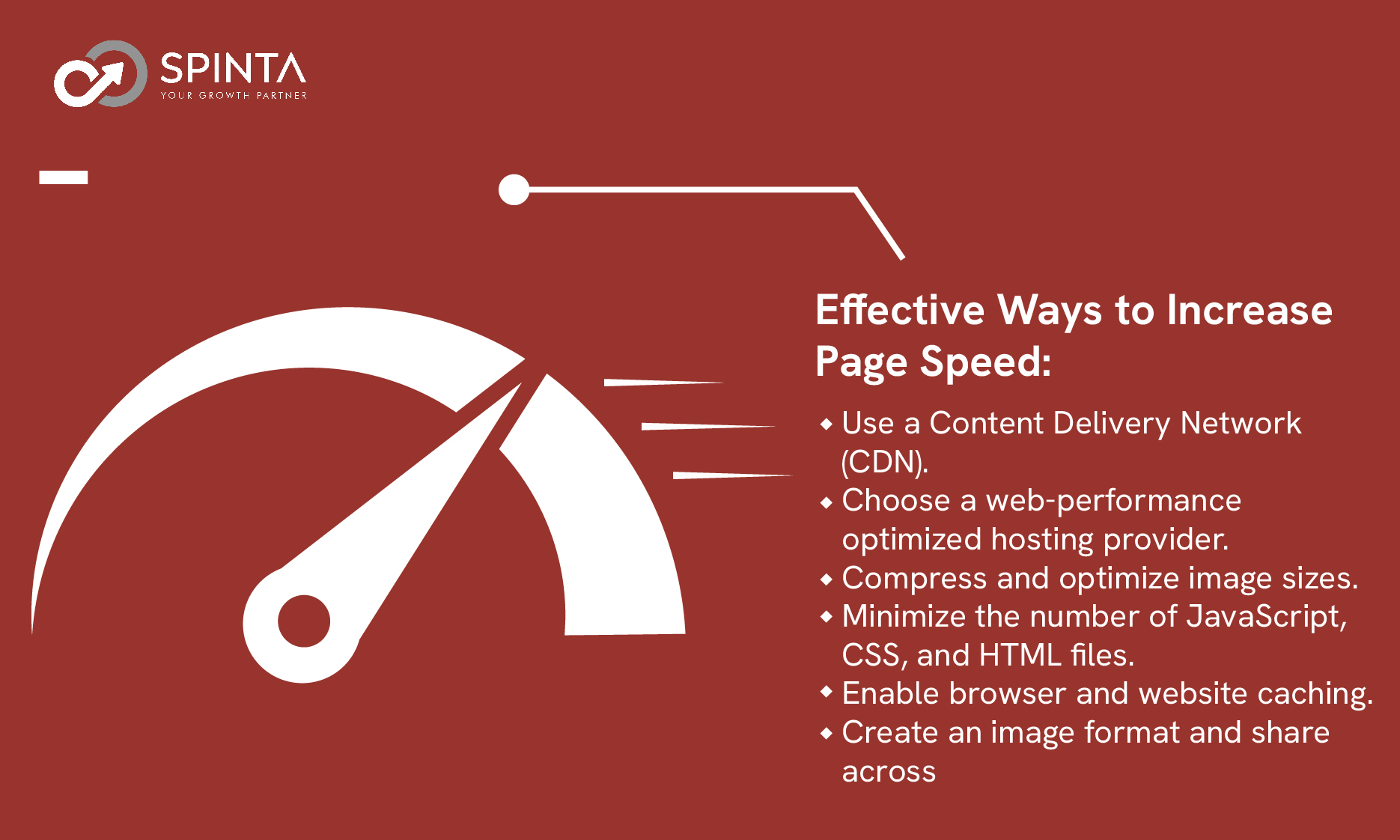In the rapidly evolving digital landscape, where the majority of individuals turn to the internet for health-related information, having a robust online presence is crucial for healthcare providers. Search engine optimization (SEO) plays a pivotal role in enhancing the visibility of your healthcare website, ensuring that it reaches and resonates with your target audience. In this comprehensive guide of Spinta digital solution, we'll look into the essential SEO tips tailored for healthcare websites.
Understanding Healthcare Website SEO
Healthcare website SEO involves strategic techniques aimed at improving the rankings of medical websites on Search Engine Results Pages (SERPs) for healthcare-related queries. With patients increasingly relying on the web to find doctors, hospital services, and health information, implementing effective SEO practices is vital for staying competitive in the digital age.
Why Invest in Healthcare SEO?
Growing Market: The global medical services market is expanding, with a projected value of $612.7 billion by 2025. To stand out in this competitive landscape, visibility on search engines is paramount.
Online Health Searches: Google registers a staggering 70,000 health-related searches per minute. Patients actively seek healthcare information online, making it a strong case for healthcare providers to optimize their digital presence.
Patient engagement through SEO: Research indicates that 73% of patients use search engines to find healthcare practitioners, and 89% rely on search engines for answers to health-related queries. Ensuring your website appears in relevant search results is integral to attracting patients.
Advantages of Implementing Healthcare SEO
Implementing SEO strategies for your healthcare website yields a range of benefits, including:
Improvement in Brand Visibility: Higher rankings on SERPs enhance your brand's visibility among potential patients.
Increased Website Traffic: SEO efforts result in more organic traffic to your website, generating greater awareness of your medical services.
Rise in ROI: A well-optimized website attracts quality leads, translating into a higher return on investment (ROI) for your digital marketing efforts.
Reduction in Patient Acquisition Cost: Targeted SEO strategies can lead to a decrease in the cost of acquiring new patients.
Growth in Rankings for Relevant Queries: Tailoring your SEO to industry-specific keywords ensures your website ranks well for the searches that matter most to your audience.
Connecting with Highly Interested Prospects: Appearing prominently in search results increases the likelihood of attracting patients actively seeking healthcare information.
SEO strategies for healthcare sites
SEO strategies for healthcare sites involve optimizing content with relevant medical keywords, ensuring mobile responsiveness, and prioritizing local SEO for increased visibility among patients actively searching for healthcare information. Consistent updates, authoritative content, and strategic backlink building further enhance the site's search engine rankings and user experience.
1. Improve Your Website Loading Speed
Website load time significantly impacts the user experience. Aim for a load time of less than 3 seconds to prevent a rise in bounce rates.
Tools: Pingdom Website Speed Test, GTmetrix, Google PageSpeed Insights

2. Optimize for Voice Search
With the increasing use of voice assistants, optimizing for voice search is crucial. Focus on voice-based keywords, site structure, and content relevant to voice queries.
Considerations: Featured snippets, user intent, long-tail keywords, page speed, structured data, local SEO
3. Healthcare keyword research
Identify and target keywords relevant to the medical services you offer. Use tools like Google's Keyword Planner to find suitable keywords without resorting to keyword stuffing.
Tip: Prioritize long-tail keywords for a more targeted audience.
4. Optimize Title and Meta Tags
Page titles are key for visibility. Craft unique titles for each page, avoiding keyword stuffing. Meta descriptions should be concise, informative, and within Google's recommended character limit.
Note: 36% of SEOs consider the title tag the most important SEO element.
5. Optimize Local SEO for Healthcare
Local SEO is crucial for healthcare providers. Optimize your website for local searches, utilizing schema markup to enhance local visibility.
Fact: 97% of online users use search engines to find local stores and services.
6. Create E-A-T Content
Expertise, Authoritativeness, and Trustworthiness (E-A-T) are vital for healthcare content. Provide well-researched, authoritative content supported by data and facts.
Tip: Build links from authoritative websites, update content regularly, and showcase expertise on your About page.
Conclusion
Optimizing your healthcare website for search engines is not just about rankings; it's about connecting with patients actively seeking healthcare information. By implementing these SEO techniques and staying attuned to industry trends, you can ensure your medical practice thrives in the digital realm. For personalized assistance and in-depth insights, consider reaching out to a dedicated healthcare SEO partner.




